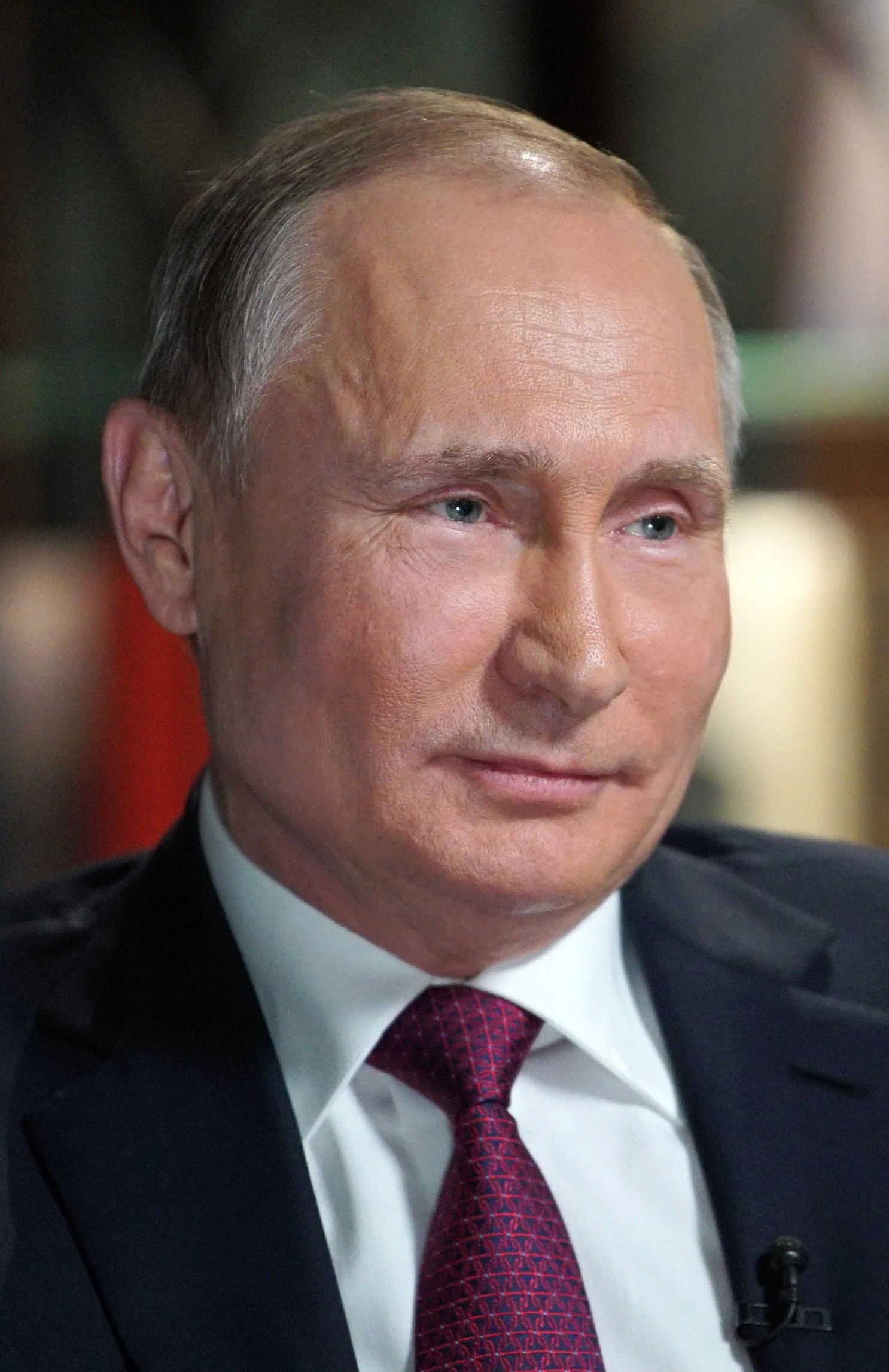Vladimir Putin’s dubious use of international law By Joshua Turner
Vladimir Putin has ordered the Russian invasion of Ukraine, an act of aggression that clearly violates international law and the United Nations charter. Article 2(4) states that “All members shall refrain in their international relations from the threat or use of force against the territorial integrity or political independence of any state..” Thus, this would seem to be an open and shut case with Russia having launched a war of choice against another country for the purpose of annexing its territory or installing a friendly puppet government. So, there should be no argument that Russia or Putin could make to justify such a move, right? Well, not so fast.
Photo by wikipedia
Before tackling the actual arguments themselves, it is worth considering why Putin and his government would bother to make such arguments at all. Clearly, he cares little for the values espoused in the UN charter and the international norms that have been established given his actions (not just here but in 2008 with Georgia and 2014 with Crimea). The reason, then, for attempting to make any legal justifications for Russia’s actions is twofold; first, it serves as a way of justifying the invasion to a domestic audience in language of international politics that they will be familiar with. This is not a novel idea; even as far back as the ancient Greeks and Romans there often needed to be a justification for a conflict to be considered ‘legitimate’. By making a legal argument, even a poor one, Putin is attempting to place his countries actions in this tradition.
Second, it is very likely that Putin is attempting to showcase what he believes is the hypocrisy of the West, which has used international legal justifications (also dubiously at times) for what Putin sees as their own aggressive acts. By using the same kinds of arguments, he may have hoped to buy himself some time to launch an aggressive attack before the West could come up with a united response. The U.S. decision to put out its (very accurate) intelligence on what Putin was planning likely diminished any effect this might have had.
Despite the invasion already having occurred and being ongoing, it is important to understand the arguments Putin has made, the history he has attempted to call upon, and why the arguments do not pass muster. If the rules based international order is to continue, simply dismissing Russian arguments because we do not like the aggressive acts they have engaged in will not be sufficient.
Photo from wikipedia
The first argument to look at is the claims of ‘genocide’ in the Eastern Ukrainian territories of Donetsk and Luhansk, where Russian separatists have been active with Russian government assistance. The claim of genocide is important because the UN charter does allow for minority groups to seek independence from a state if the state in question is failing to protect said minority group. The threat of human catastrophe was also a justification for NATO’s intervention in Kosovo in the late 1990’s. While the claim of genocide has been clearly debunked, it offers Putin a ‘legal’ pretext for the recognition of the territories as independent and to move Russian troops in as ‘peacekeepers.’
This argument goes hand in hand with his claim that Ukraine is not a ‘real’ state. Putin has made arguments that reference Ukraine seceding from the Soviet Union and that these regions in Eastern Ukraine should be given the same right self-determination. The difference here, of course, is that the dissolution of the USSR was managed and agreed to by all parties, while Ukraine has not indicated a willingness to grant any kind of referendum to these Eastern regions. International law does not allow for a group to simply break away from a larger state without that state’s permission (think the British government allowing the nation of Scotland to hold a referendum on becoming their own independent country). However, the attributes that help make a state a state (and thus keep regions from breaking away or being subsumed into another state) are only applicable to a state that is definitively constituted as a sovereign state and an independent member of the international community. By claiming that the Ukraine is not an independent state with a unique history and culture that is apart from Russia, Putin is both attempting to justify his recognition of the Donetsk and Luhansk independence declarations while also setting up a pretext for bringing Ukraine either back into Russia completely or at least into its sphere of influence, with a government that is more favorable to Putin (see Belarus today).
It is very likely that Putin does have a perceived legitimate grievance with the idea of Ukrainian independence but the manner in which he has made the argument should not be overlooked as it does have legal implications. The fact that these arguments are completely unjustified is not really the point; it shows that while Putin may not care about international law as it refers to his ultimate decision-making process, he does care about the political implications of simply not making any such arguments at all.
Joshua Turner is a Ph.D. Candidate in Political Science at SUNY-Buffalo







